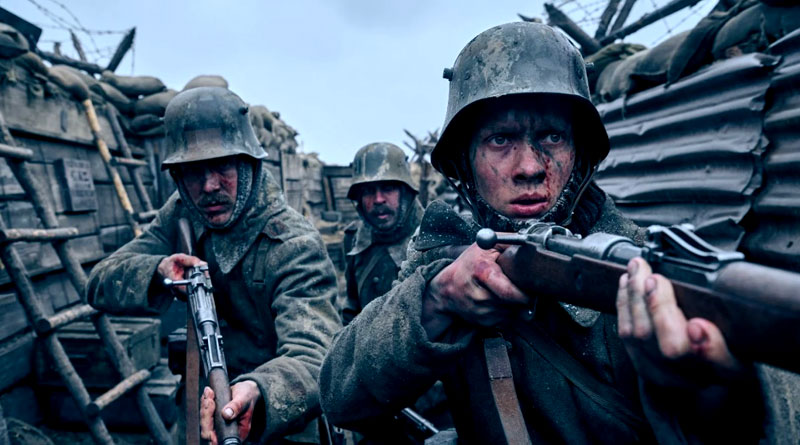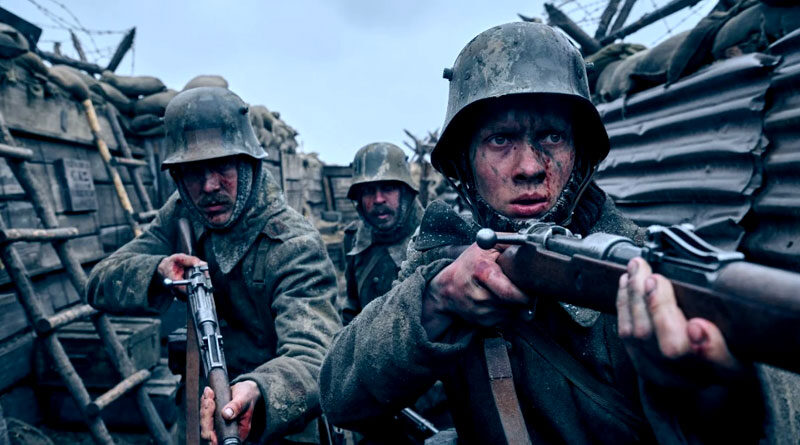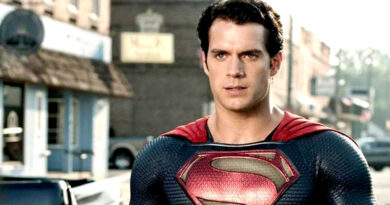“All Quiet on the Western Front ” movie review:
An important part of the continued German effort to not let people forget the atrocities of the past, the gravest of which were orchestrated by their own compatriots, the latest adaptation of the classic novel All Quiet on the Western Front is also the best. Fittingly bleak, painfully ironic, and epic to behold, the film premiered at this year’s Toronto International Film Festival after being selected as Germany’s official entry to the Oscars.
You and I can watch all 147 minutes of it and come away knowing what we already know, that war is futile, and evil so banal that it sometimes becomes indistinguishable from behaviour that we consider to be acceptable. Films like this are the equivalent of social media echo chambers, and that’s tragic. Whether or not All Quiet on the Western Front is able to appeal to the morality of some decision-making babu is unlikely, but at the very least, it could strengthen one’s resolve against tyranny of any kind.
Felix Kammerer stars as the young soldier Paul Bäumer, whom we first meet as a 17-year-old infatuated with the idea of fighting for his country, three years into World War I. Along with his buddies, Paul enlists in the army, and is immediately shipped off to the frontline, where reality hits him like the butt of a rifle to the back of the head. These men didn’t know what lay in store for them, they had no idea what they were fighting for, besides a vague sense of masculine pride. Paul and his friends are reduced to a whimpering mess minutes after arriving on the battlefield.
One of Paul’s first tasks is to ‘gather’ the identification markers of his deceased comrades, for some desk clerk back home to tabulate in their death register. He realises soon enough that when a man is at war, he is not a man. He is a discarded dog tag, a stifled statistic.
Films like this wouldn’t be half as effective if it weren’t for the power of hindsight, and the air of dread hanging over everything like the Delhi smog in December. If it happened once, it can happen again; so said Primo Levi. And it is precisely because we know how things are going to pan out for these characters that we care about the nonsense that they are fed about the glory of war, and the honour in dying for one’s country. One of the kids’ mothers told him to be careful of what he eats, displaying once again the kind of cluelessness that civilians possess about situations like this. The soldier is reminded of this as he crouches in a cramped trench, the ground beneath his feet obscured by the dead bodies of his brothers-in-arms.





